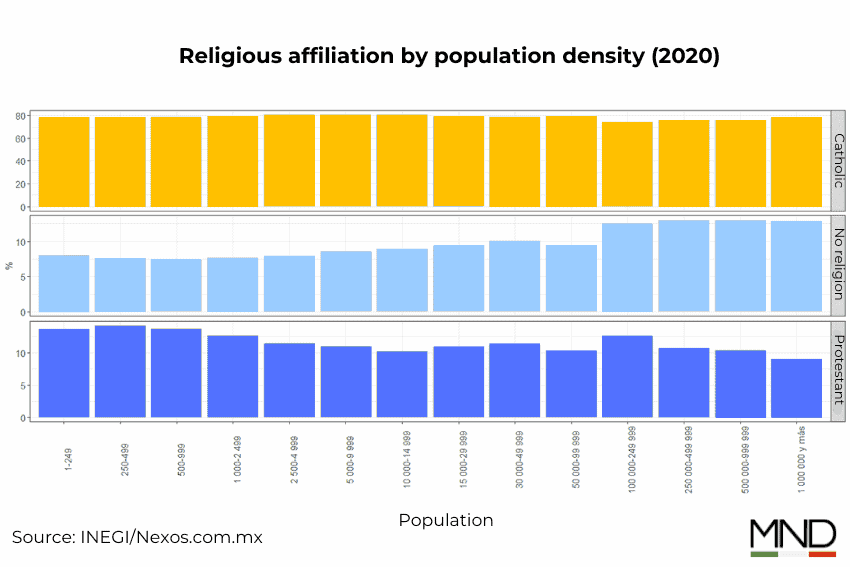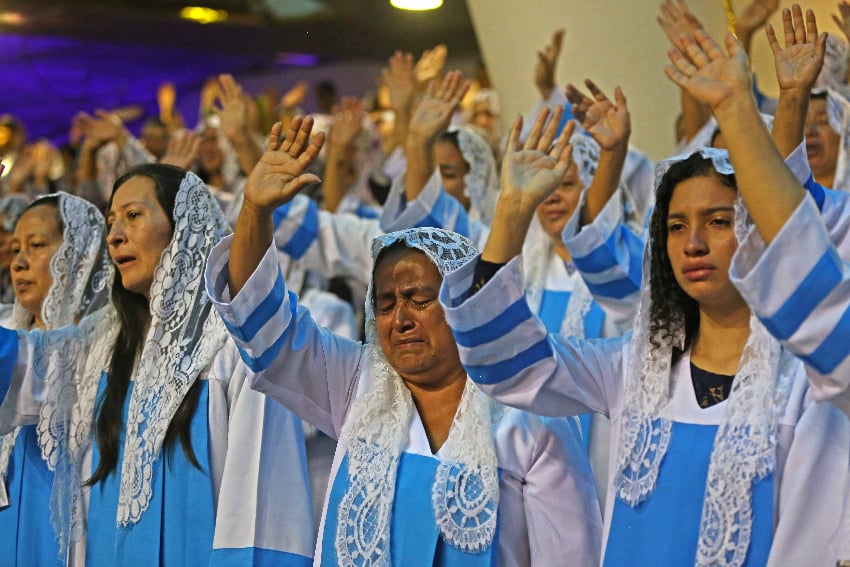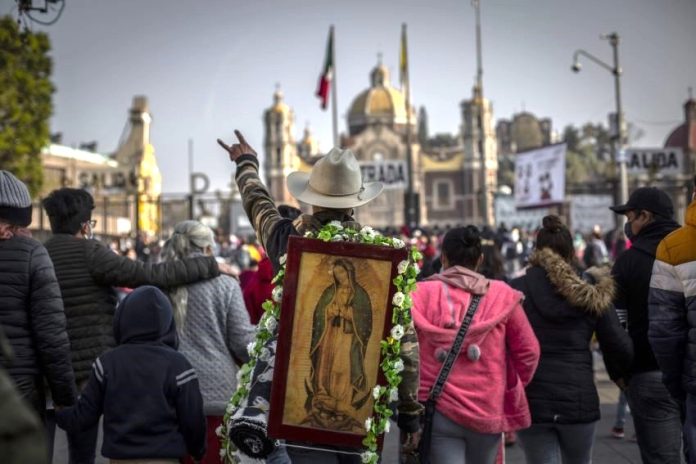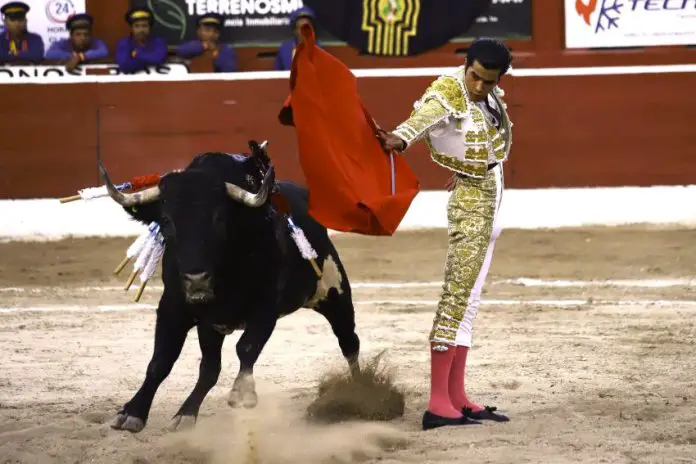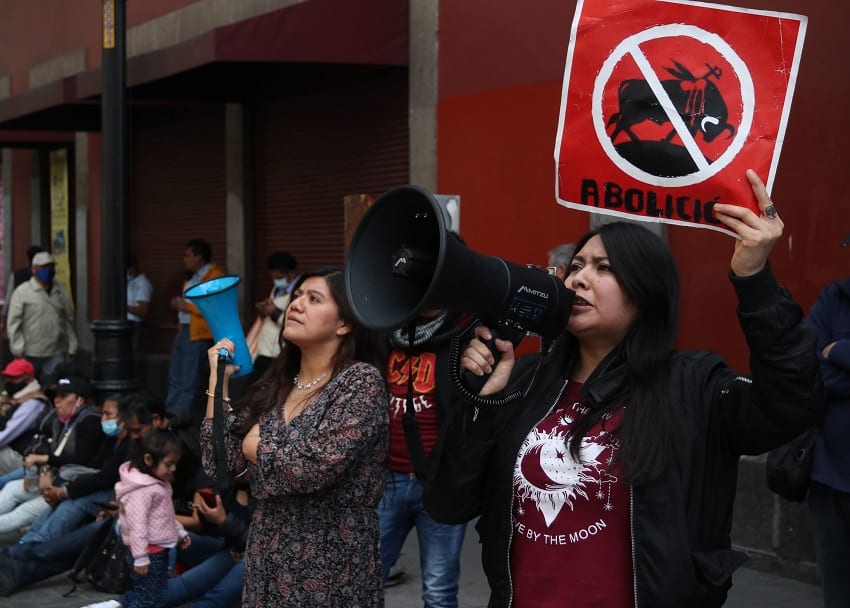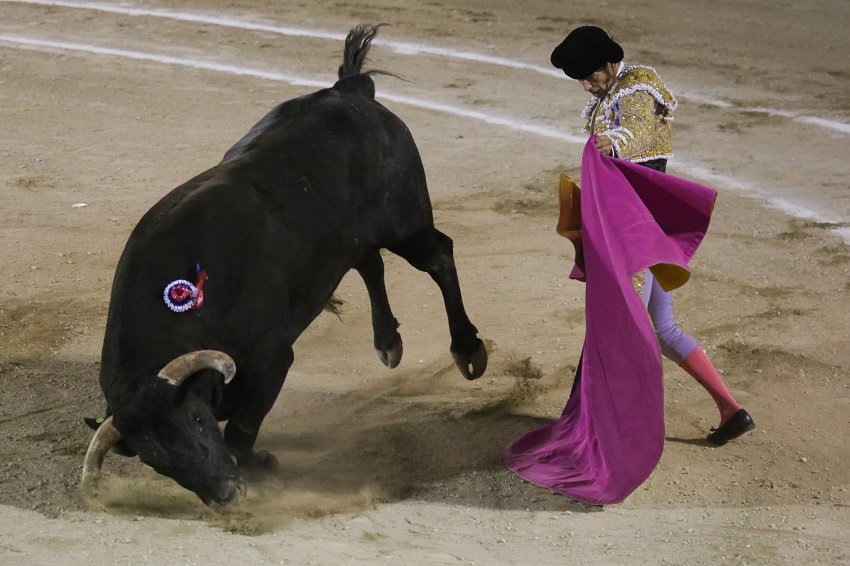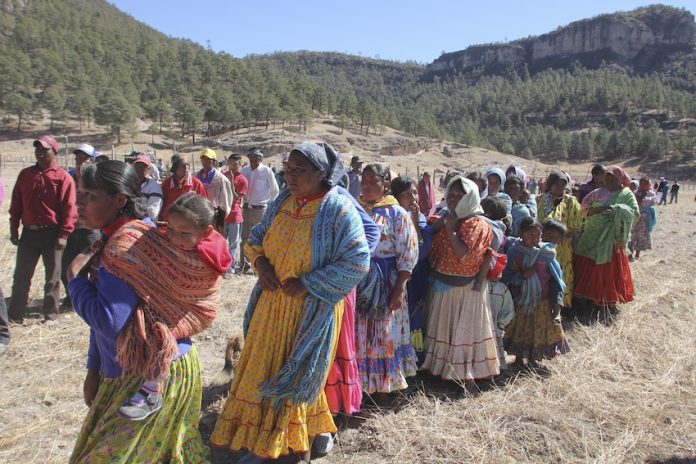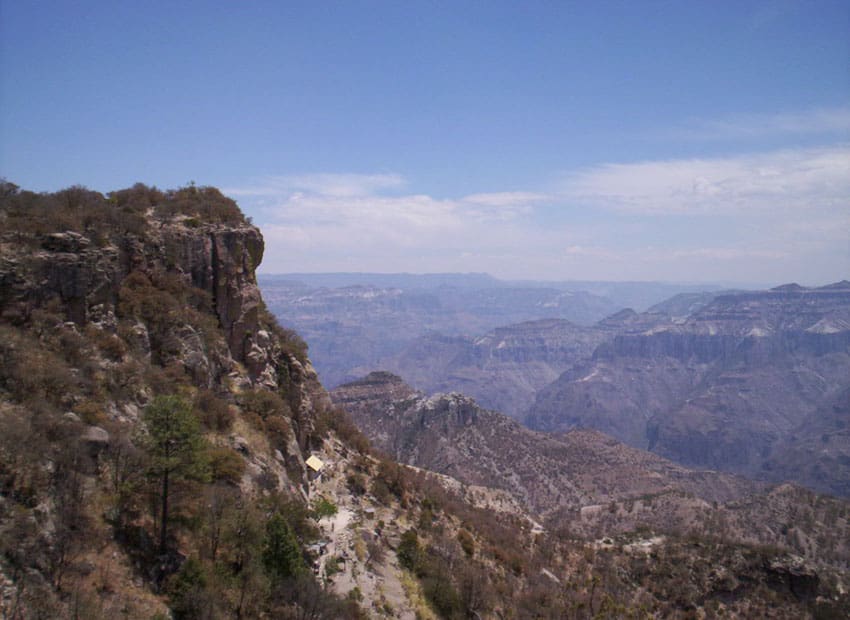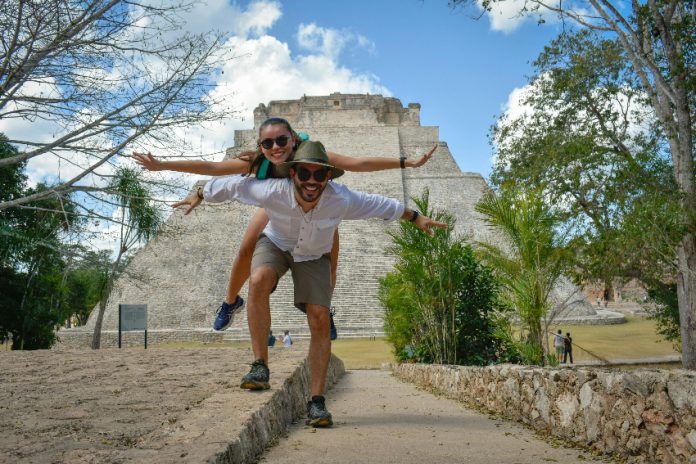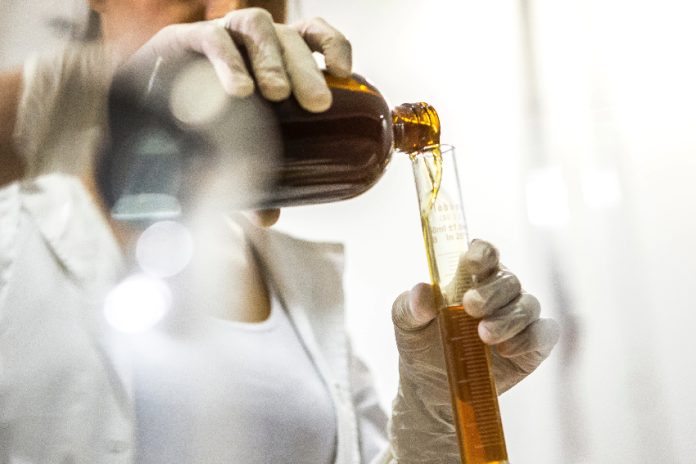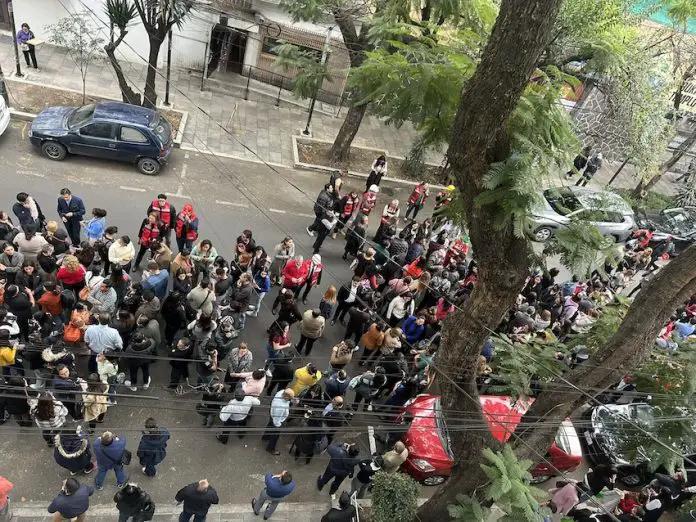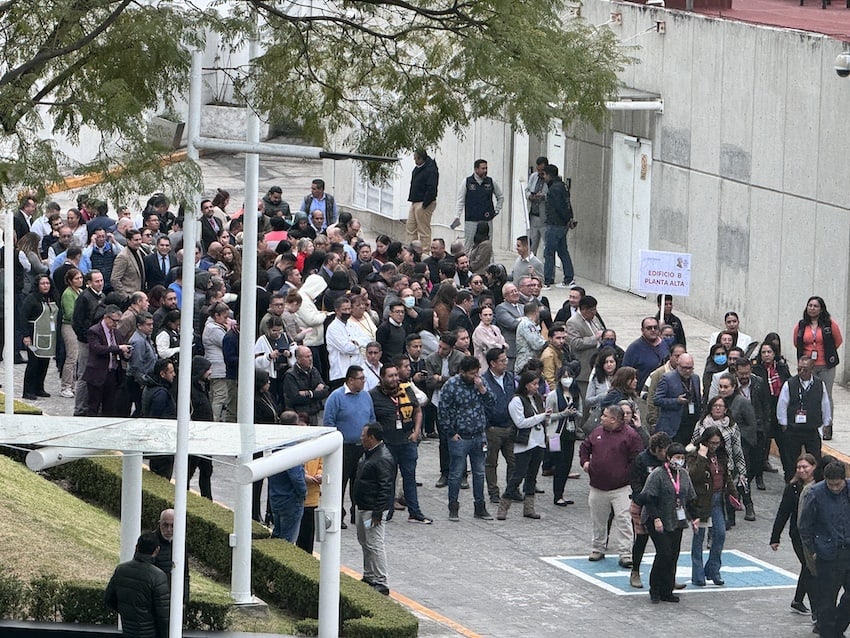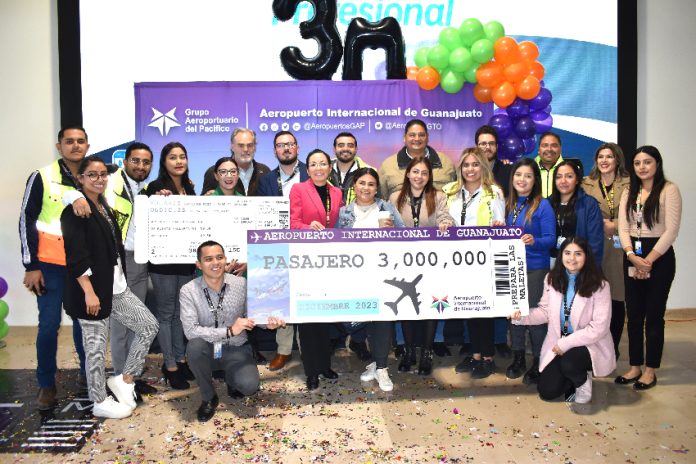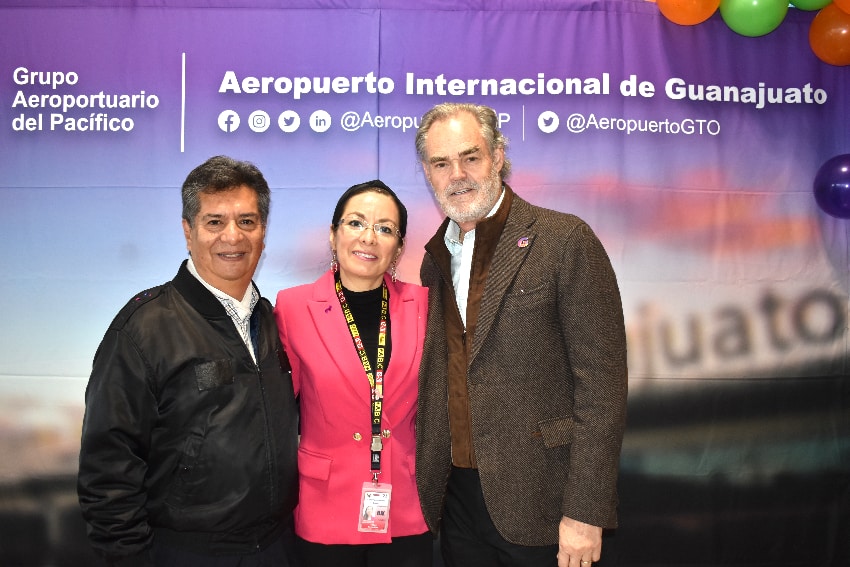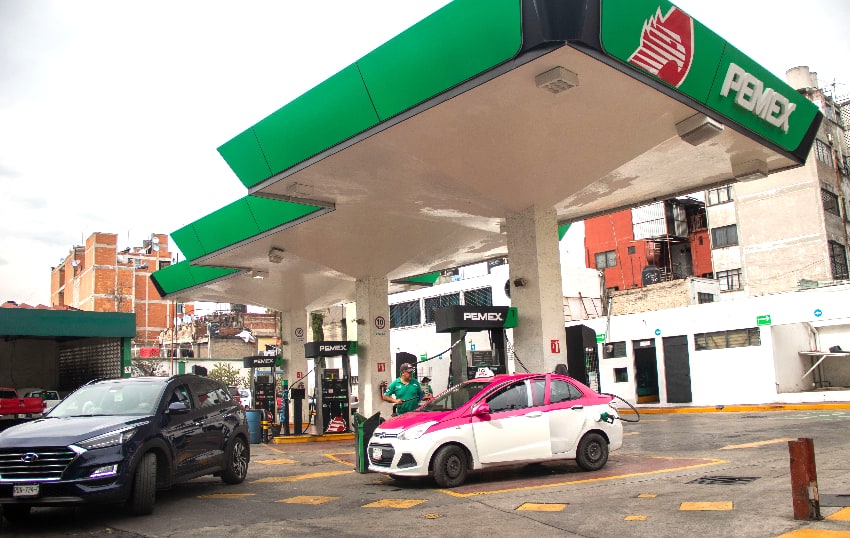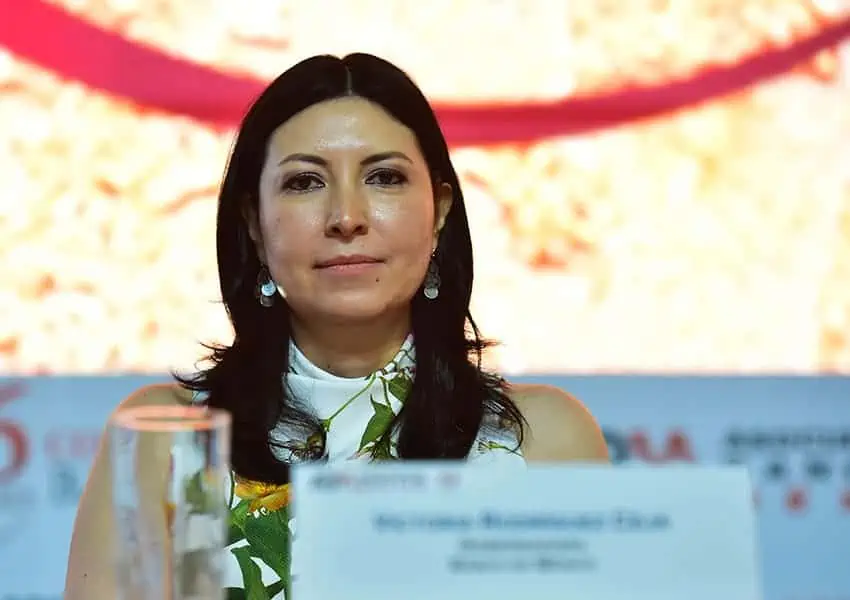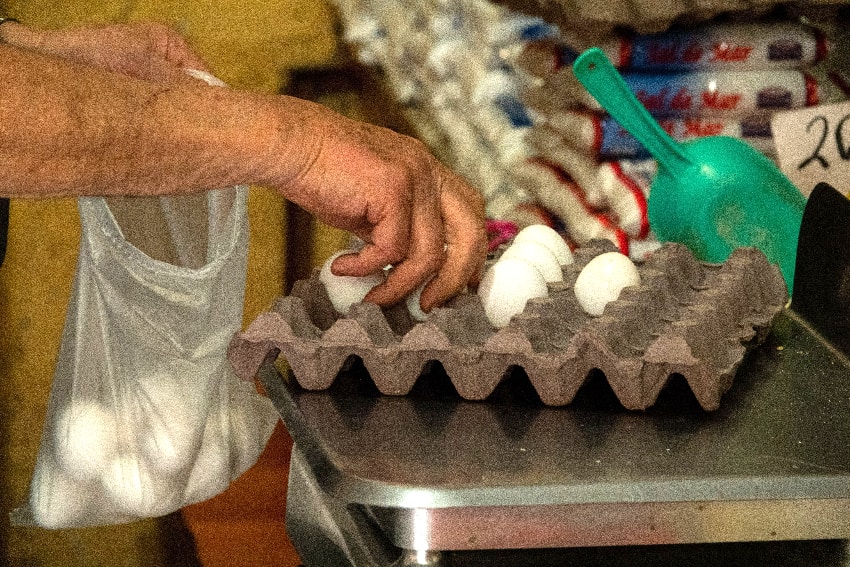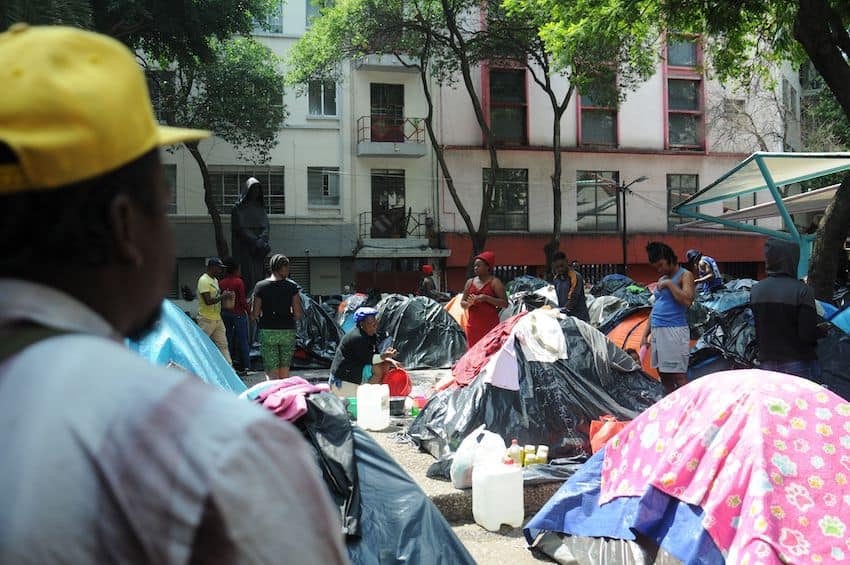The Maya state of Yucatán is home to spectacular archaeological sites, many of which have also become popular tourist destinations. While sites like Chichén Itzá and Tulum are global icons, if you want to dive deeper into the region’s pre-Columbian history and explore ancient ruins off the tourist path, travel the lesser-known but rewarding Ruta Puuc.
What is the Puuc Route?
Ruta Puuc (or Puuc Route) is a travel route through several archaeological sites – Uxmal, Kabah, Sayil, Xlapak, Labná, and the Loltún Caves – in the Puuc region, a hilly area in the Yucatán peninsula. According to the National Institute of Anthropology and History (INAH), Puuc is Mayan for “group of hills,” and it is also the name of an architectural style seen in this region.
Besides ancient ruins, visitors can also discover charming towns, museums, haciendas, and more! Whether you want to make a day trip or spend a few days, the Puuc region has something for everyone. Here is a list of key attractions you can see on or around the Ruta Puuc.
Uxmal
Once the capital of the Puuc region, Uxmal, pronounced “oosh mal,” together with a few connected towns, is a UNESCO World Heritage Site located around 80 kilometers from Mérida. Uxmal’s architectural marvels, such as the unique House of Magician, a pyramid with an elliptic shape steeped in legendary tales, and the majestic Governor’s Palace, are absolute must-see structures.
Despite the archaeological findings from multiple building phases, the legend says the House of the Magician was built overnight by a dwarf, born out of an egg, in response to a king’s challenge. After completing multiple challenges with the help of his sorceress mother, including one which resulted in the king’s death, the dwarf supposedly became the king of Uxmal. This building’s western facade and the upper temple with the earth-monster mask are magnificent. Meanwhile, the Governor’s Palace is built to track the planet Venus and the occurrences of solstices, according to INAH. Other beautiful buildings at Uxmal include the Quadrangle of the Nuns with its richly decorated facades, the Ball Court, and the Great Pyramid. It’s fascinating that this site was first occupied as far back as 500 B.C. or even earlier, although it became the Puuc capital during A.D. 700-950, according to INAH.
Uxmal is usually the busiest archaeological site on the Puuc Route. You can find some restaurants just outside the site as well as other interesting attractions close by.
Choco-Story Uxmal
Across the highway from the Uxmal ruins is the Choco-Story Ecopark Chocolate Museum in an old Hacienda. Visitors can learn about the region’s connection to cacao since ancient times and taste cacao drinks topped up with different flavors like cinnamon and chili (we loved them!). If you are visiting Yucatán, this is an ideal place to buy some unique chocolates to take home.
The park is also home to different types of animals, including rescued leopards, crocodiles, and colorful birds, as well as a meliponario – bee house of Melipona bees (stingless bees). They also have ceremonies dedicated to the Maya rain god Chaac, held at regular intervals throughout the day.
Town of Santa Elena
Situated between Uxmal and Kabah, Santa Elena is a beautiful town worth stopping by for a break or even staying overnight. It has a museum with remains (mummies) of young children discovered in the town’s San Mateo church. If you are craving some regional food, check out Pickled Onion, famous for its Yucatecan food – and they also offer accommodation.
Oxkintok ruins
About 30 kilometers from the Ruta Puuc town of Muna is Oxkintok, which has much to see, including anthropomorphic statues (non-human characters with human features) and a building called the Satunsat or the Labyrinth, which supposedly represents the multiple levels of the Maya universe. Unfortunately, accessing the Labyrinth’s interior was not allowed during our visit. Nearby Oxkintok are the Calcehtok caves, perhaps an ideal outing for those looking for physically challenging adventures.
Hacienda Yaxcopoil
Visiting haciendas is a great way to learn about Yucatán’s history of the henequen industry, which used fiber extracted from henequen plants. I have yet to visit this hacienda, but given its location between Mérida and Uxmal, it makes for a good stop for those wanting to spend more time in the area. They also offer accommodation with Yucatecan food.
Kabah
Situated around 22 kilometers from Uxmal and home to several magnificent buildings and features, Kabah surprisingly gets fewer crowds. Based on the previously mentioned “Legend of the Dwarf,” Kabah was the home city of the dwarf, who supposedly also built a sacbé or white road (ancient stone road) connecting Kabah and Uxmal in response to one of the said challenges.
Similar to Uxmal, Kabah also had a lengthy occupation beginning from around 400 B.C., although the site’s peak was A.D. 750–900, according to INAH. The magnificent Codz Pop building, decorated initially with over a few hundred God-Chaac masks and some impressive statues, is a must-see. Remember to make your way to its eastern side to see the statues. We also enjoyed visiting the site’s North Plaza, which has some beautiful buildings, including The Palace.
Sayil
Nine kilometers from Kabah is Sayil, considered an important Puuc city, and INAH says around 17,000 people lived in Sayil and its connected areas. While it has fewer structures than sites like Uxmal, the Grand Palace, with beautiful features such as short columns and masks, will help you imagine its once prosperous past. That’s not all. The site’s stelae and El Mirador, with a beautiful roof comb that may have been a temple, are also worth seeing. We particularly enjoyed wandering through the site’s lush green surroundings.
Xlapak
Located six kilometers from Sayil, Xlapak is a small site that does not have massive buildings. However, stopping at smaller sites gives visitors a sense of how the ancient Mayas were spread across various-sized settlements, similar to modern societies. That said, The Palace at Xlapak, also with masks of God Chaac, is interesting, and the site’s paths allow for a refreshing walk while visiting other structures (be prepared for mosquitoes!).
Labná
With beautiful open spaces, Labná is only a few kilometers away from Xlapak. Its key highlights include The Palace, which has features such as anthropomorphic characters, and the Arch structure with rich designs and excellent photographic opportunities. This arch was on the one gold peso banknote issued in 1916 by the then Yucatán government. El Mirador, whose upper structure is considered a temple, is also impressive.
Loltún caves (Grottoes Loltún)
The caves, dating to around 9000 B.C., are considered the place of the earliest human habitation in the Yucatán peninsula and were used for various purposes over the millennia, including as residences, according to INAH. They are home to ancient murals and carvings. Unfortunately, the site remains closed at the time of writing.
If you prefer to continue your journey, here are a few more interesting places to visit.
The town of Tekax
About 25 kilometers from the Loltún caves is Tekax, a Pueblo Mágico (magical town) ideal for a break. While Tekax is perhaps less vibrant compared to towns like Izamal, it is home to colorful murals and the famous church of Saint John the Baptist. The town is not (yet) touristy and, therefore, offers a more authentic experience of regional Yucatán. For those after some adventure, there is plenty to do around Tekax, including visiting caves such as Chocmantes, zip lining, and rappelling.
Another interesting attraction around Tekax and a bonus for fans of archaeology and history is the:
Chacmultún ruins
Located around 12 kilometers from Tekax, this site has several structures built on elevated bases and a ball court, worth visiting. The vegetation in the area is clear evidence of the region’s fertile land.
The town of Maní
Maní is truly a magical Pueblo Mágico that is even worth a day trip. We loved walking around the town’s main square and the markets with various items for sale, including locally made traditional clothes and honey, and the inviting cafes and restaurants. The town has a beautiful old convent called the Convent of San Miguel Arcángel and many meliponarios, dedicated to Melipona beekeeping.
Plan your journey along the Ruta Puuc
Starting from Mérida, you can make a day trip through Uxmal, Kabah, Sayil, Xlapak, and Labná or take the opposite route and see the smaller sites before ending your day at Uxmal, where you might spend most of the time. The main sites can easily take up a day, so try to make an early start and arrive at the first site as it opens. That way, you might have time for one or a few more stops. Visitors with more than a day to explore the Puuc region can easily find accommodation options around the Ruta Puuc.
To learn more about the region’s history and ancient Maya life, visit a few other archaeological sites in Yucatán and the Maya World Museum. You can also watch the Maya ball game played in Mérida on Saturdays.
Thilini Wijesinhe, a financial professional turned writer and entrepreneur, moved to Mexico in 2019 from Australia. She writes from Mérida, Yucatán. Her website can be found at https://thilini.me/
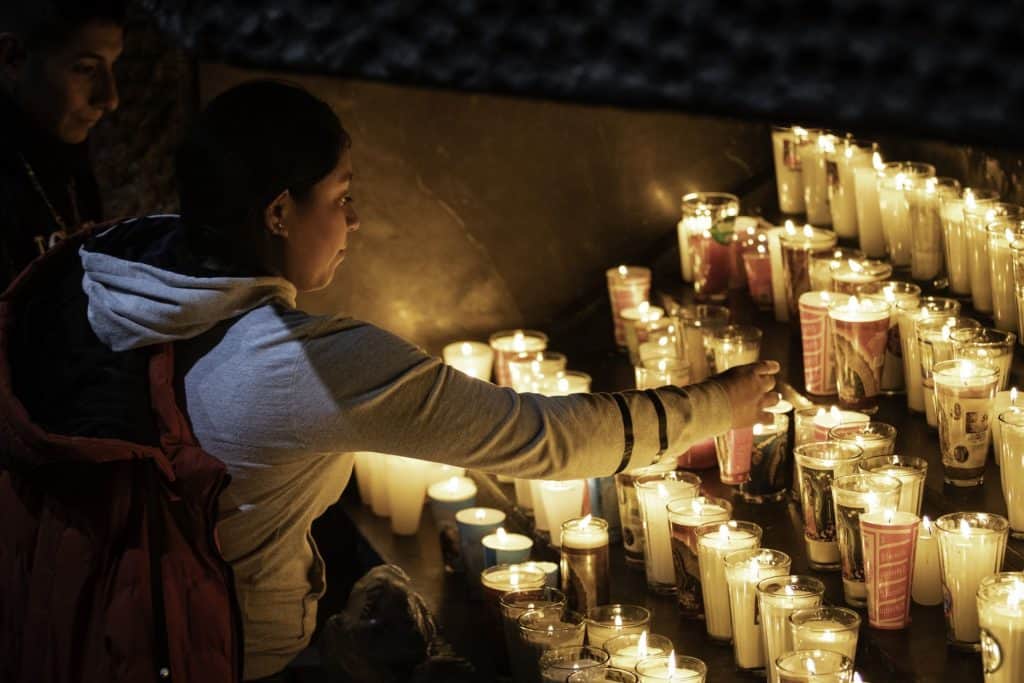
![]()
